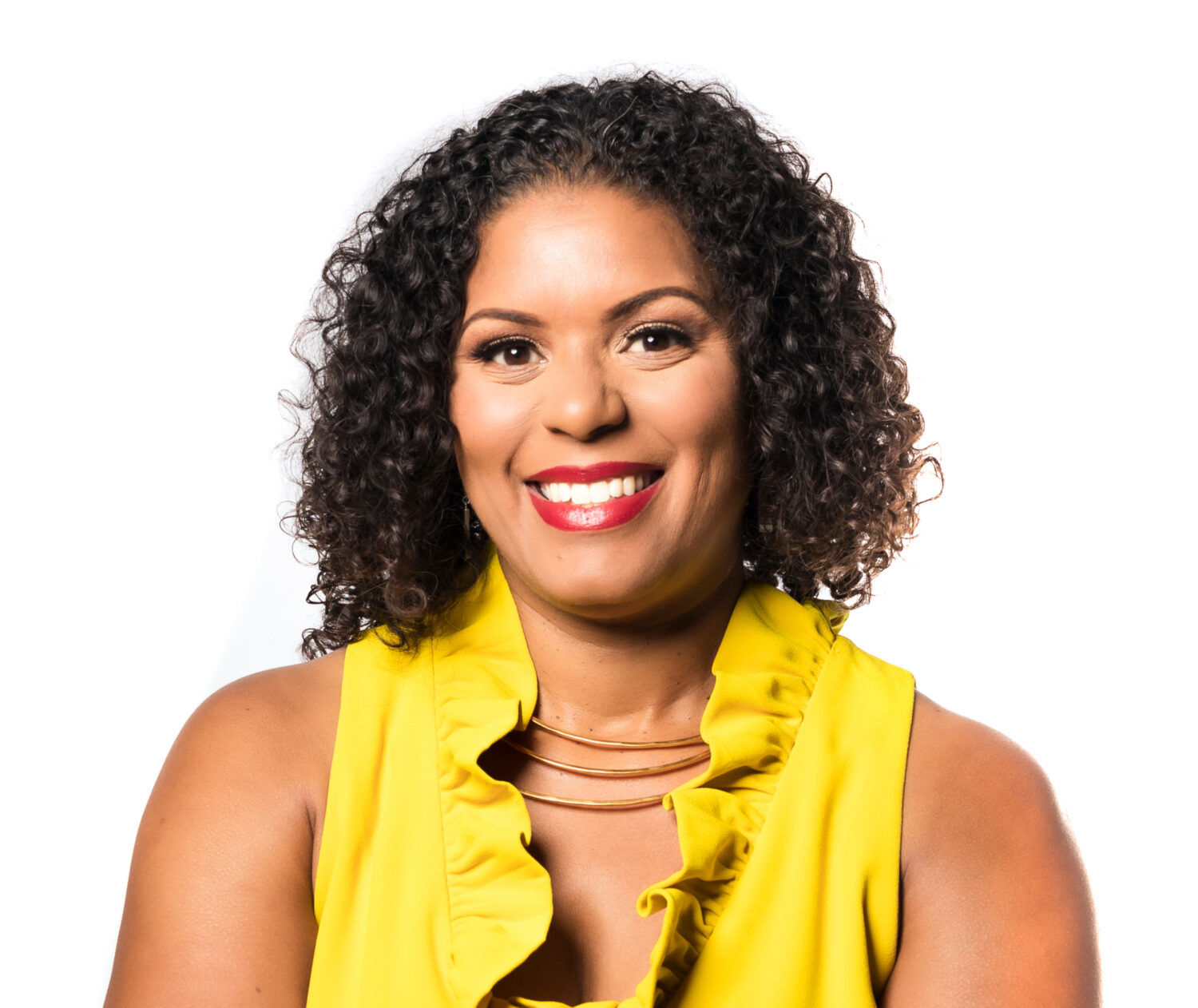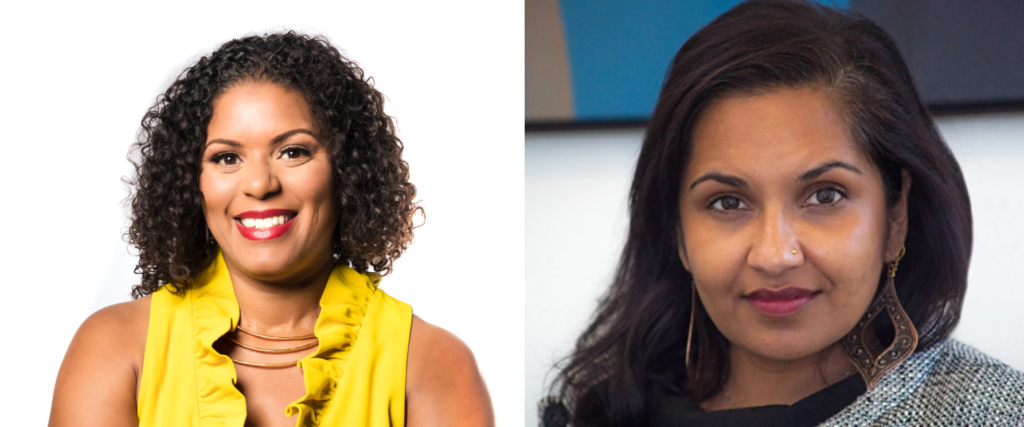

During the pandemic, Medicaid enrollment grew by nearly 30% to cover more than 93 million Americans, due in large part to COVID-19 provisions that included continuous Medicaid enrollment. With the unwinding of these pandemic emergency orders, annual cycles of Medicaid redetermination have returned. As a result, states have removed close to 4 million Americans from Medicaid to date. The ongoing redetermination process is likely to expand health inequities across the nation, including in California.
For our most vulnerable communities, Medicaid is a lifeline to care. Medicaid delivers health care, behavioral health, social services, and other necessary resources, by which health care organizers, providers, and community entities partner to deliver better outcomes for enrollees.
The process of redetermination, which relies on the accuracy of demographic data including mailing address and phone numbers, is a prime example of why data collection and management needs to be coordinated responsibly to best improve health at the individual and population levels; within this HIT plays an essential role. In recognition of the procedural burden our existing processes and systems exact, Health and Human Services Secretary Xavier Becerra has encouraged states to use all available strategies to streamline redeterminations and prevent eligible enrollees from losing coverage due to procedural issues.
Shared health data is the connective tissue that brings together patient medical histories with other social determinants of health (SDoH) data, but it must be the right kind of data: That which reflects whole person care and embraces a co-designed approach to deliver high-quality outcomes.
Use Data to Advance Access, Not Erect Barriers
There is an enormous opportunity within the healthcare and social services ecosystem to be more mindful and intentional with data collecting. This can be advanced through better coordination between community-based organizations (also known as CBOs), advocacy groups, and individuals with lived experiences who can share best practices aligned with community needs and preferences. It is also critical to be mindful of where gaps may be occurring, such as the challenges of collecting information, for instance, on the more than 160,000 Californians facing homelessness.
It’s also critical to consider who needs access to this information and how it is used. Data collection and sharing should be used to help providers deliver care more effectively and efficiently; it shouldn’t put individuals at risk of not receiving essential care and services. Sharing health information can feel particularly risky to some populations that have been or still are the target of discriminatory actions and policies, including Black Americans, those seeking abortion services, individuals that identify as LGBTQ+, and minority religions.
Why We Need Whole Person Care
Whole person care is a proactive, modern approach in which health is viewed holistically. It considers not only health information, but also behavioral health and SDoH. A more comprehensive understanding of the connections between genetics, environment, access to nourishing foods, wellness and disease also helps impact health through the influence of behaviors, environments, and policies. In this approach, patients and doctors share decision-making and benefit from a variety of care delivery methods, such as virtual appointments, community resources and in-home care.
There is already momentum at the federal level to prioritize whole person care. We are seeing a growing number of policies and regulations aimed at improving services for historically overlooked communities, including Section 1115 Medicaid waivers that expand coverage and reduce health disparities. In California, whole person care is a central component of the transformation of Medi-Cal through CalAIM, which is focused on delivering to the state’s 15.3 million Medi-Cal members a more equitable, coordinated, and person-centered approach to positively influence their health and life trajectory.
Co-Designed Solutions for Better Health and Wellbeing
In the context of redetermination, sharing data across healthcare and social services allows providers to have the latest, most accurate health data and contact information on Medicaid enrollees so they can properly support them throughout the redetermination process. Maryland is already using its state’s health data utility to prevent gaps in care. Additional partnerships with managed care plans, CBOs, and shared data from the United States Postal Service to update contact information also helps.
Delivering equal access to information creates a stronger system that prevents high-risk individuals from falling through the cracks. This equality supports stronger alliances between health plans, hospitals and health systems, providers and social needs intermediaries, such as community health workers, CBOs, peer support specialists and behavioral health experts who can serve as navigators between health and social services.
Within co-designed solutions, health plans support access to care and resources by building trust and working closely with providers, the community, and others on the frontlines. It shifts the focus from tracking down and verifying information to collaborating on which care levers most effectively lead to the best outcomes.
A Brighter, More Equitable Future is Ahead
The health care system relies on accurate data and information to provide essential care for our country’s most vulnerable populations, and no example is more clear than in our Medicaid redetermination cycles. If data is inaccurate, outdated, or inaccessible, individuals will become ineligible.
Beyond eligibility, inaccurate information has the power to negatively affect the quality of care received across the healthcare and social services landscape.
We have an exciting opportunity—and urgency—to create more inclusive processes and systems, powered in part by HIT, that recognize and advance health equity within populations while implementing insights based on existing data. It’s time for all of us involved in healthcare to recognize our role and responsibility to use all data, past and future, for good.
About Adimika Arthur
Adimika Arthur is the CEO and Executive Director of HealthTech for Medicaid (HT4M). She is a visionary and strategic executive who has spent over two decades in healthcare and whose research experience in health equity, investments and disruptive technologies provides companies insights while competing in a rapidly shifting market.
About Manisha Sharma, MD, FAAFP
Manisha Sharma, MD, FAAFP is the Senior Medical Director, Promise Health Plan at Blue Shield of California. Sharma is a board-certified family medicine physician who works at the juncture of patient care, community health, social justice, health policy, and innovation. She is committed to “being the change” in how healthcare is delivered in the United States.

